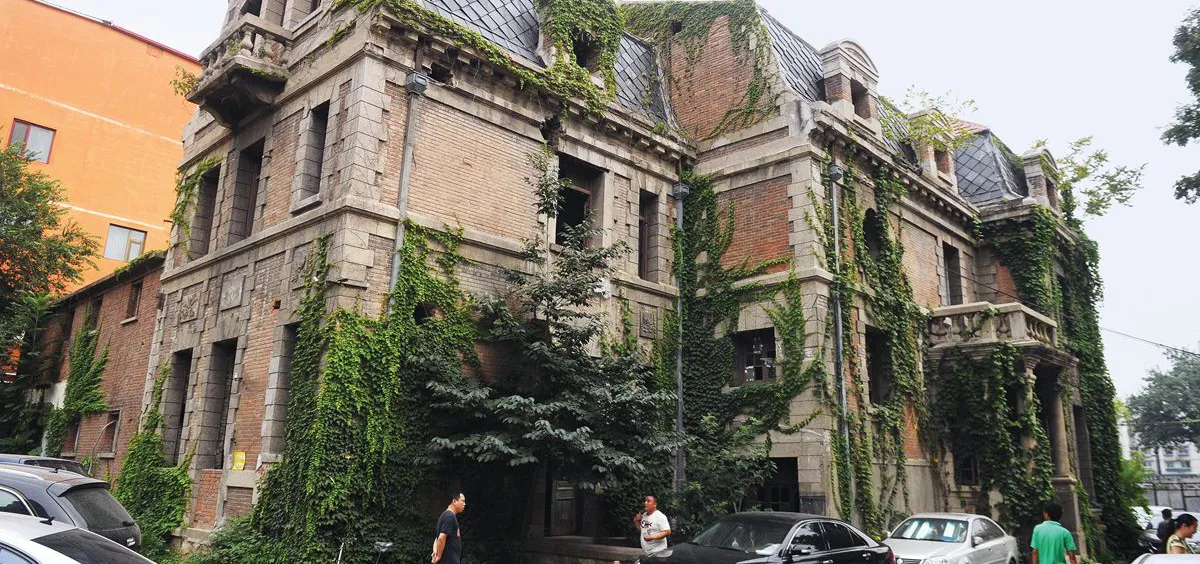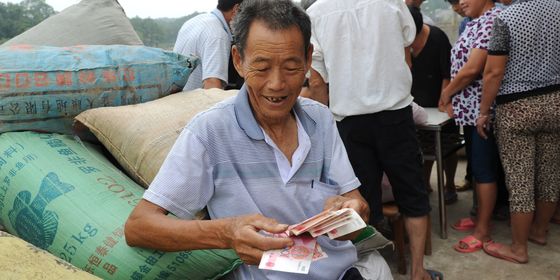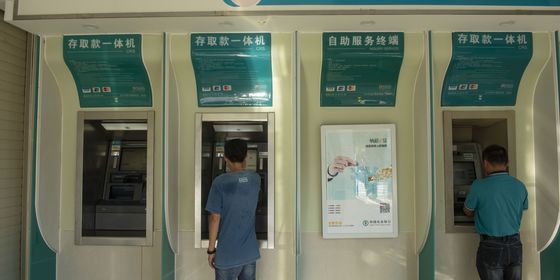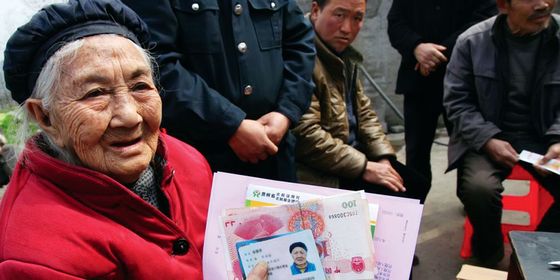With bargains hard to find, desperate homebuyers look to “murder homes”
“I’m not afraid of ghosts, just afraid of poverty,” prospective homebuyer Zhou Qu quoted a common saying on Meiri Renwu, a WeChat account dedicated to long-form personal essays.
Inspired by a story in June of a “haunted” Nanjing villa that was put up for auction for one-fourth its market value, Zhou began to contact agents about other properties with dark histories, hoping to find a bargain that could “rekindle” his long-dead dream of owning an apartment in Beijing.
It was easier said than done. Properties known as xiongzhai (凶宅, “murder residences”) generally refer to homes that have seen any sort of unnatural or untimely death. These xiongzhai are normally considered unlucky to live in, or even to own, meaning they usually can only sell for a fraction of the real value—but legal complications and, more recently, rising demand, are eroding even that tradition.
Just like Hong Kong and Tokyo, two other infamously overheated property markets, the high cost of housing is forcing buyers to reconsider their superstitions—and the market is slowly reflecting the change. Though a quick roadside survey by Takefoto.cn found that only one out of 13 respondents would consider buying a xiongzhai, even at a steep discount, 22 buyers were willing to pay the 30,000 RMB deposit to bid on the Nanjing villa (the site of a gruesome 2011 axe murder and dismemberment), which eventually sold for 50 percent of its market value.
In a seller’s market like Beijing, though, a death usually only knocks 5 to 10 percent off the cost of a home, and it simply takes a little longer than usual to sell, one feng shui master told Zhou. He explained that a death may not necessarily affect a property’s luck, depending on the buyer’s astrological reading. An estate agent told the Beijing News that the damage to value was more like 10 to 30 percent, depending on the details: particularly gruesome or multiple homicides, suicides, or cases with lots of media attention can really slash the prices, compared with an illness or accident.
Legally speaking, there is no definition of xiongzhai, but disputes can arise if sellers avoid full disclosure: According to Takefoto, over 90 percent of cases in which buyers have sued agents or sellers for concealing deaths have resulted in compensation being refunded to the buyer, as the detail was deemed to affect the property’s resale value. Though it was widely reported in 2015 that Lianjia had a record of nearly 3,000 xiongzhai listed in Beijing (similar public databases exist in Hong Kong and Taipei), the Lianjia agent told the Beijing Evening News that the company now only shows xiongzhai on request.
But in oversubscribed districts, where home-ownership is a prerequisite to enrollment in a highly-ranked public school, a gruesome past is no pressure on an investment property that can simply sit empty—or become tenants’ problems. “Prices are increasing this year,” one optimistic xiongzhai owner told Zhou. “I’m not in a hurry…even if I can’t sell, I can rent it out in the high thousands.”
Morbid Mansions is a story from our issue, “Curiosities and Quests.” To read the entire issue, become a subscriber and receive the full magazine.












